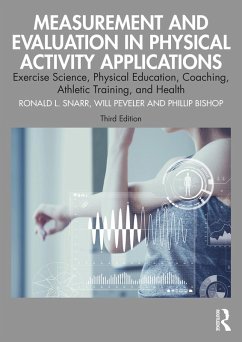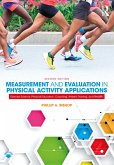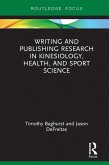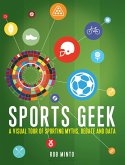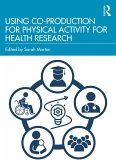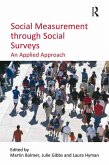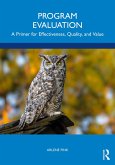Measurement and Evaluation in Physical Activity Applications: Exercise Science, Physical Education, Coaching, Athletic Training, and Health offers an accessible, student-friendly introduction to the principles and practice of measurement and evaluation. Spanning applications in exercise science, sports performance, physical education, coaching, athletic training, health, and physical/occupational therapy, the book includes chapters on the key principles underlying good measurement practice-validity, reliability, and objectivity-as well as an introduction to using statistics and qualitative measurement. This textbook is intended to help students overcome their fear of scientific research and statistics. Fully revised and updated, the third edition provides a clear guide to the obstacles of good measurement, how to apply the principles of good measurement, an introduction to statistical analyses, and the eventual application/communication of measurement outcomes. Structured for use in both single- and double-semester classes and involving readers at every stage through its rich pedagogy and accessibility, this book is a crucial resource for introducing students to the principles of best practices in measurement and evaluation. This book is the ideal learning aid for students studying measurement, evaluation, or assessment in kinesiology, exercise science, sports coaching, physical education, athletic training, and health and fitness.
Dieser Download kann aus rechtlichen Gründen nur mit Rechnungsadresse in A, B, BG, CY, CZ, D, DK, EW, E, FIN, F, GR, HR, H, IRL, I, LT, L, LR, M, NL, PL, P, R, S, SLO, SK ausgeliefert werden.

